Losing Control
Fear: Many people fear that being hypnotised means becoming unconscious, losing control, having your mind taken over or being taken advantage of.
Reality: The opposite is true – In the normal wakeful state we are aware of many things simultaneously. Hypnosis is a slightly altered state of mind where our focus narrows to one specific thing and becomes very intense, to the extent that we are still aware of the environment in the background, e.g. sounds, but it doesn’t distract us. Hypnosis allows you to feel more relaxed, less fearful & more open to positive suggestions. You are, however, totally awake, highly focussed, mentally alert & in control.
All hypnosis is self-hypnosis, because you allow yourself to be hypnotised. Nobody can force you. The hypnotised person complies at will and can come out of hypnosis whenever they want to. In no way are ordinary rules of human behaviour suspended, e.g. if a suggestion is given with which a person disagrees it will be rejected.
Hypnotherapy is based on many years of clinical research and is a serious process of self-improvement, not entertainment.
Dark or Supernatural
Fear: Some people fear that when in a trance, evil spirits or demons can enter their minds.
Reality: Hypnosis is a natural state of intense concentration, which is a natural phenomenon we experience in our daily lives, when we perform demanding tasks at work, when engrossed in reading a book, watching a movie, painting, daydreaming, writing an exam, etc.
If you don’t fear that evil spirits could enter our minds while we concentrate intensely in our daily tasks, you shouldn’t fear hypnosis.
In conflict with Christian values
Fear: There are a number of fallacies about hypnosis caused by the magical sinister image created by the stage hypnotist about the hypnotic state. The main concern is the impression that the hypnotised person loses control and might be open to be possessed by evil spirits.
If it is considered that the hypnotic trance is just a state of intense concentration which we spontaneously enter into several times daily when concentrating on various tasks, we would then be subjected to being possessed by evil spirits while living our daily lives.
In the criticism against hypnosis it is in reality about the values, the competency and the trustworthiness of the hypnotherapist. It is in the best interest of the patient to be at ease with the therapist. This often comes from being referred by somebody who experienced the competency of and trusts the therapist; or by making sure the therapist you choose is registered, qualified and experienced.
Jeanette Dreyer is a SASCH registered Clinical Hypnotherapist at the Eureka Centre.
Revealing deep secrets
Fear: Under hypnosis a person could be made to reveal personal details or secrets.
Reality: If this was possible, the police would be the keenest students of hypnosis. The image of a trance created by the media is at fault, because people expect to become unconscious and robotic, not aware of what they are saying or doing. The reality is that you remain in control, very conscious and aware.
Getting “Stuck” in Hypnosis
Fear: What if I am hypnotised and I am not able to “snap” out of it?
Reality: Hypnosis is a very safe practice & based on many years of sound clinical research. It’s easy to come out of hypnosis, simply by opening your eyes, speaking or stretching.
There are many perceptions about hypnosis that are misleading, & we only hope that over time, more people will be able to tell the lies from the truth. In the meantime, hypnotherapy remains a safe, proven method of helping people to overcome a range of psychological & emotional problems that arise in the subconscious mind. It works directly with the subconscious mind to unlock the key to our problems & change patterns of thought & behaviour.
Jeanette Dreyer is a SASCH registered Clinical Hypnotherapist at the Eureka Centre. Contact us for an appointment today for your own personal Eureka Experience.










































